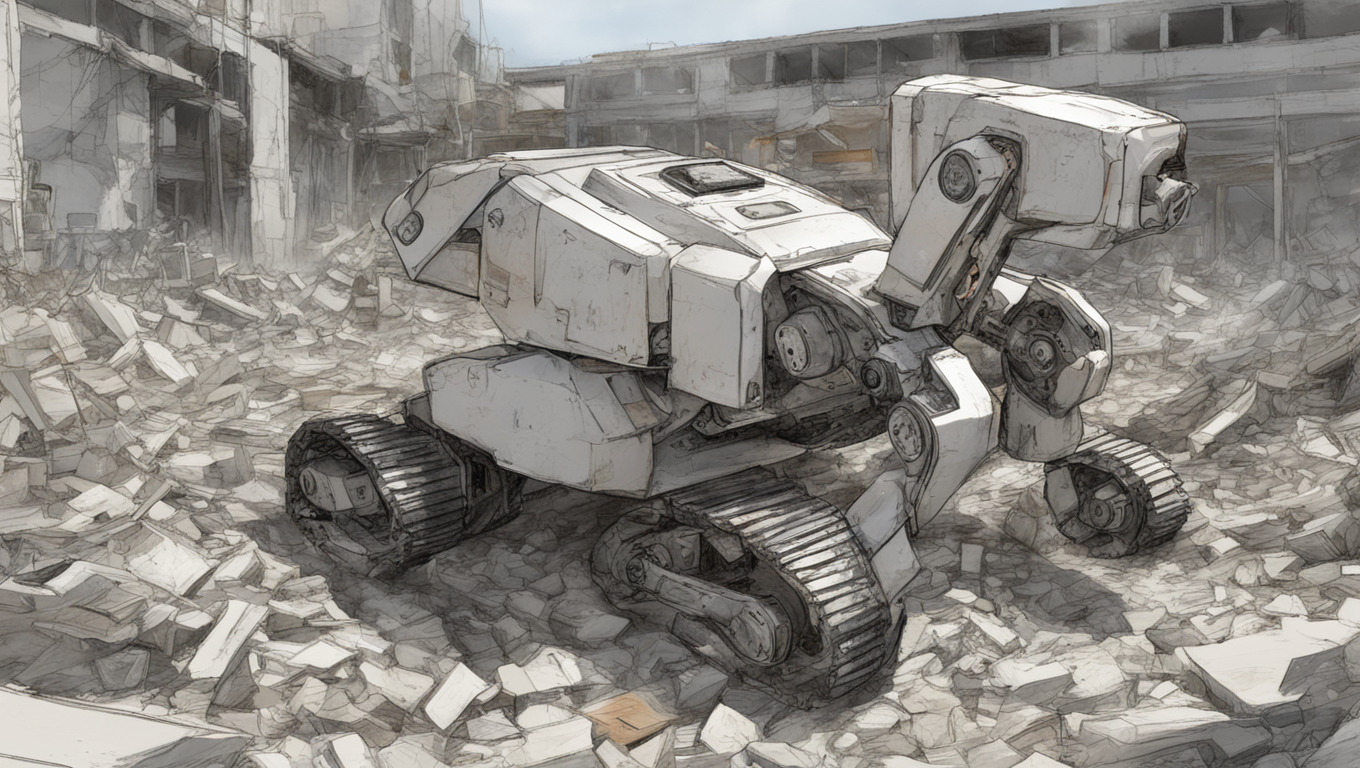In a remarkable step towards improving disaster prevention and mitigation, the city of Rikuzentakata in Japan’s Iwate Prefecture has recently introduced an AI-powered system to enhance emergency response. This groundbreaking system, launched last November, marks a significant development in utilizing artificial intelligence to protect and support communities during times of crisis.
Rikuzentakata city holds a special significance in the context of disaster prevention, as it was one of the areas deeply affected by the Great East Japan Earthquake that occurred 13 years ago in March. In the aftermath of such a devastating event, companies and local authorities in Iwate Prefecture initiated a collective effort to leverage technology and address the challenges faced in disaster response.
This pioneering AI system in Rikuzentakata city is designed to automate and optimize the process of notifying and monitoring registered residents during an emergency. By utilizing AI capabilities, the system is able to simultaneously call and relay evacuation instructions to residents who have pre-registered their telephone numbers. In addition to providing instructions, the system engages the residents in a conversation, asking crucial questions such as “Are you evacuating?”.
One remarkable feature of this advanced AI system is its ability to convert residents' verbal responses into text format. This textual information is then transmitted to the city’s emergency operations center in real-time, enabling a quick assessment of the situation on the ground. This seamless integration between AI and emergency response allows authorities to gain valuable insights into the evacuation progress and identify any residents who may require immediate medical attention or additional support.
The effectiveness of this AI-powered disaster prevention system has been highly commended by officials and residents alike. It not only ensures a rapid and efficient communication channel between authorities and citizens but also helps alleviate the strain on emergency personnel during critical situations. Mayor Futoshi Toba of Rikuzentakata city emphasized the significance of this technological advancement by stating, “This AI system has revolutionized our emergency response capabilities and has provided our residents with a sense of security.”
The deployment of this innovative technology in Rikuzentakata city serves as a testament to Japan’s commitment to leveraging AI in disaster prevention and response. With the anniversary of the Great East Japan Earthquake approaching, the introduction of this AI system is a timely reminder of the strides taken in enhancing the resilience of communities and safeguarding lives.
As AI continues to evolve and integrate into various aspects of our lives, its potential for improving disaster management becomes increasingly apparent. The successful implementation of this AI-powered system in Rikuzentakata city not only sets a precedent for other regions in Japan but also showcases the transformative power of AI in safeguarding communities and ensuring a swift response during emergencies.
Looking to the future, the integration of AI in disaster prevention and response is set to play a crucial role. With advancements in AI technologies and the relentless pursuit of innovation, we can expect more sophisticated systems to emerge, aiding authorities in protecting lives and minimizing the impact of natural disasters. As we commemorate the anniversary of the Great East Japan Earthquake, let us celebrate the progress made in disaster prevention and support the continued pursuit of technological advancements that make our communities safer and more resilient.





Use the share button below if you liked it.